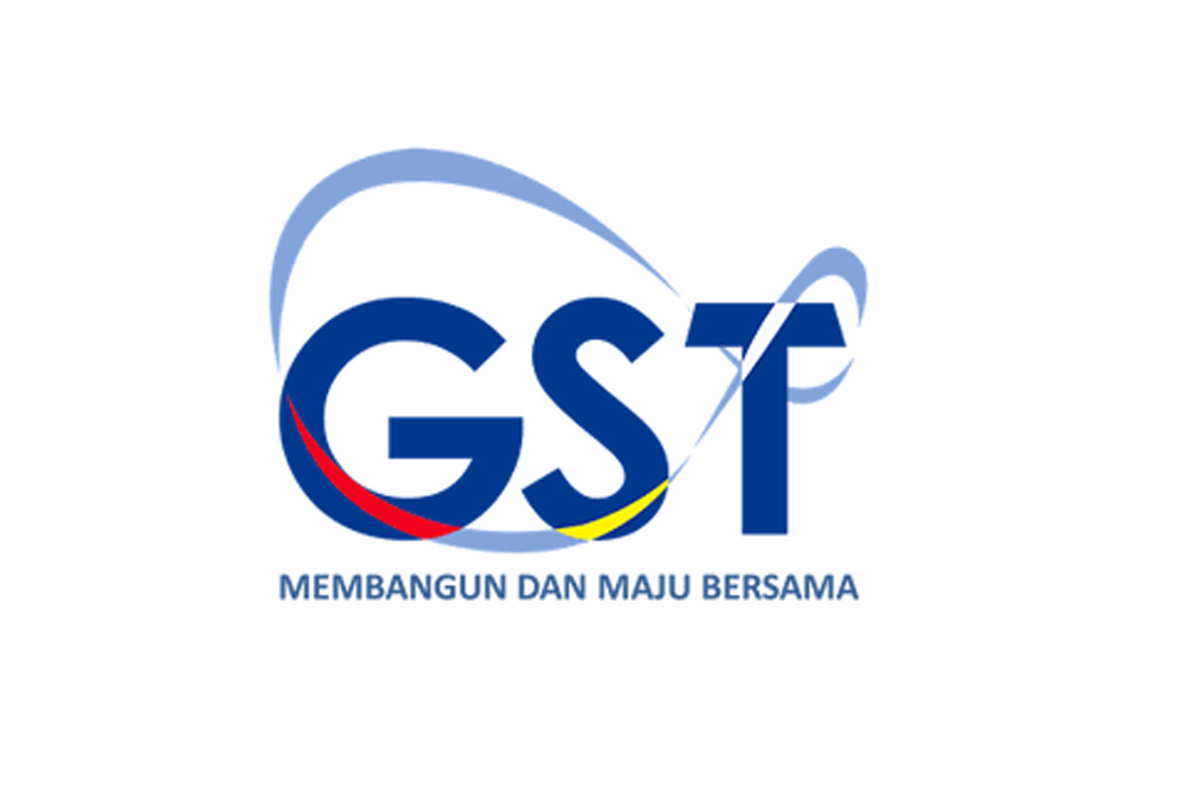
This article first appeared in The Edge Malaysia Weekly on October 4, 2021 - October 10, 2021
FEDERAL government revenue is targeted to reach RM272.02 billion in 2025 under the 12th Malaysia Plan (12MP), up RM37.1 billion from the pre-Covid-19 receipts of RM234.4 billion in 2019, if one were to exclude the RM30 billion special dividend from Petroliam Nasional Bhd (Petronas) to repay tax refunds owed to the people and businesses.
That represents a five-year compound annual growth rate of 3% per annum, slower than actual federal government revenue’s 10-year CAGR of 4% per annum in 2019, from RM158.6 billion in 2009. The difference is RM47 billion in total, or a five-year CAGR of 3.9% per annum, if one were to compare the 2025 target revenue with the RM225.08 billion collected in Covid-19-hit 2020.
Has the government pencilled in the prospect of reimplementing the Goods and Services Tax (GST) in 2025?
Pointing to the 12MP fiscal deficit target of -3.5% to 3% of GDP in 2025, OCBC Bank economist Wellian Wiranto says in his Sept 28 note that “arithmetically speaking, to push the deficit lower at a time when spending is slated to go up means that the government has inadvertently pencilled in a higher intake of revenue during the period”.
“While some of the revenue uptick may be seen from some new initiatives, including a reported capital gains and windfall tax on sectors that have done well during the pandemic such as the glove manufacturers, they are but one-off measures and are unlikely to move the needle considerably and sustainably. Thus, we may see the government inching towards a formal re-adoption of GST during the period,” he adds.
It remains to be seen how much revenue will be added from the planned implementation of carbon tax and expansion of the sugar tax to include premix drinks, mentioned in 12MP.
Minister in the Prime Minister’s Department (Economy) Datuk Seri Mustapa Mohamed, who previously concurred with economists’ recommendation that Malaysia reimplement the GST when the timing is right, tells The Edge that the government expects higher revenue collection “from the second half of 2022, and 2023 onwards [God willing]” as the economy recovers from Covid-19. He also said, however, that the government “needs to be aware of the situation on the ground”. (See “Higher revenue collections starting from 2H2022 and 2023, says Tok Pa” on Page 60.)
Much may well be determined by the outcome of the 15th general election slated to take place by July 2023 but not earlier than Aug 1 next year, thanks to the deal signed by a block of opposition parties with the current administration.
Going by the RM400 billion development expenditure projected in 12MP, the RM68.2 billion revised estimate for 2021 (according to pre-budget statement) and RM76.08 billion targeted for 2025 in the five-year plan, economists led by Suhaimi Ilias at Maybank Investment Bank Bhd expect “peak annual development expenditure in 2023 and 2024”, given that the government has said allocation for “2021-2022 will be challenging”.
Operating expenditure, meanwhile, is targeted to reach RM264.96 billion in 2025 under 12MP, which represents a five-year CAGR of 3.36% per annum from RM224.6 billion in 2020 and four-year CAGR of 4.8% per annum from the RM219.6 billion revised estimate for 2021.
According to data appended with the 12MP report, nominal GDP is projected to exceed RM2 trillion in 2025, up from RM1.42 trillion in 2020 and RM1.51 trillion in 2019. That is more than the annual GDP growth of 4.5% to 5.5% projected for the 12MP period.
Save by subscribing to us for your print and/or digital copy.
P/S: The Edge is also available on Apple's App Store and Android's Google Play.

